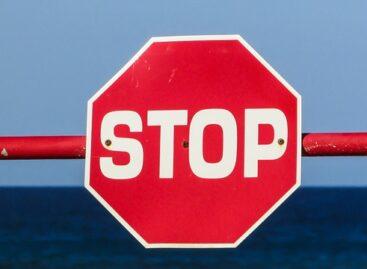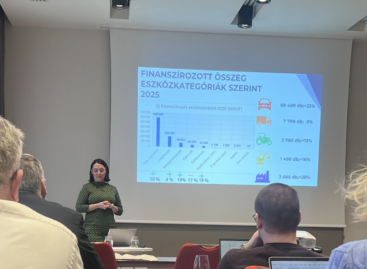Panaceas against the coronavirus?
🎧 Hallgasd a cikket:
In the current situation, many are seeking a panacea to protect themselves and their families from the disease. Utilizing this, many businesses are promoting products that provide effective protection against the virus. But is it possible to believe such advertisements unconditionally and to legally promote anti-virus products at all?
Consumer protection legislation provides clear guidance on what products can be advertised as having a protective, preventive or curative effect. Regrettably, however, a significant proportion of cases brought before consumer protection authorities stem from the fact that advertising companies often claim characteristics of their products that they cannot legally do. At best, this is only due to a lack of knowledge of the law. Worse, it is a deliberate deception that exploits consumers’ credibility.
Related news
NKFH is examining the heavy metal content of battery-operated dolls, plush toys and electronic toys
🎧 Hallgasd a cikket: Lejátszás Szünet Folytatás Leállítás Nyelv: Auto…
Read more >
More related news >
Related news
The leasing market was able to grow last year in a stable environment
🎧 Hallgasd a cikket: Lejátszás Szünet Folytatás Leállítás Nyelv: Auto…
Read more >







